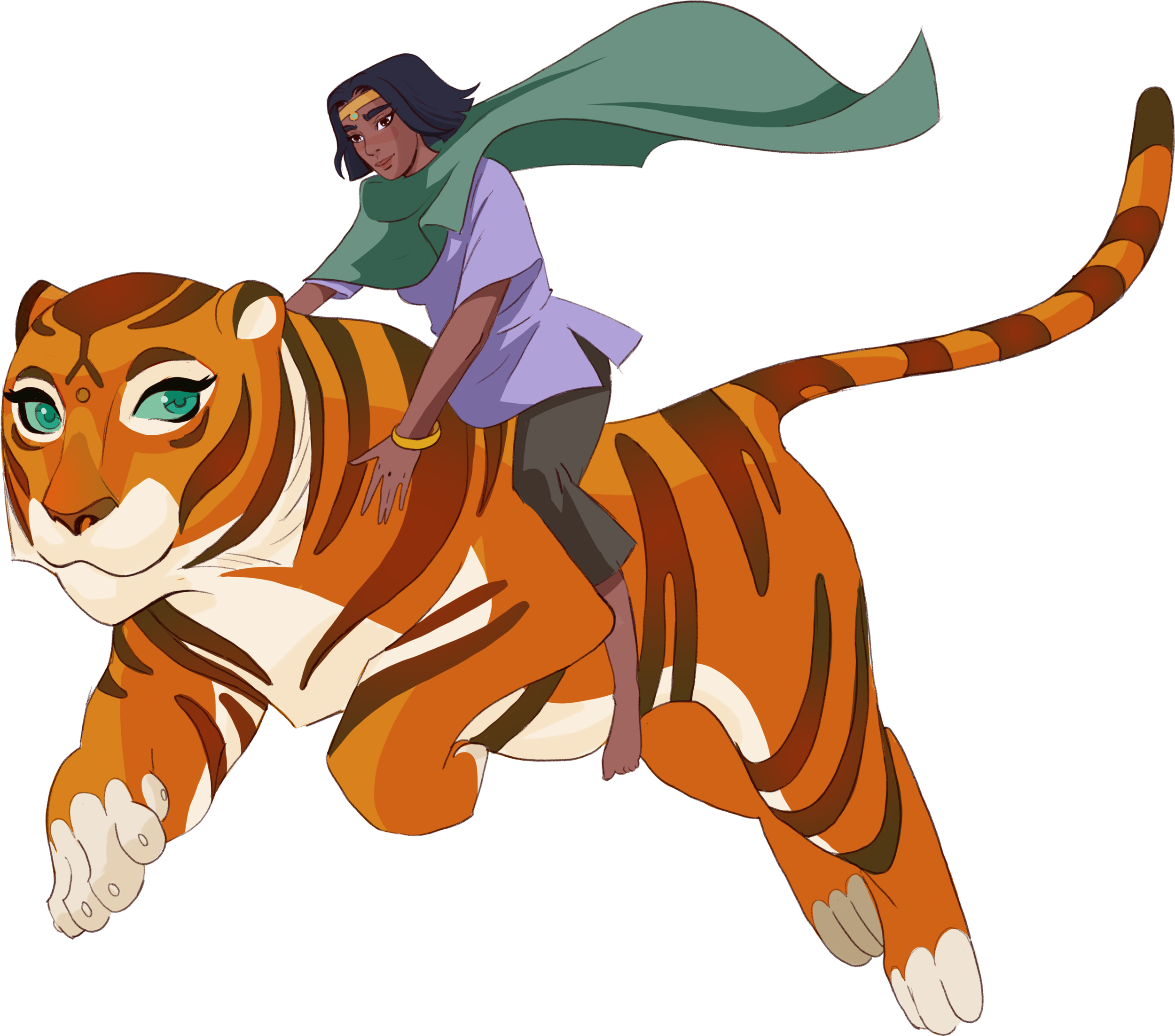AL JAZEERA FEATURE: The Stream
Can India's comic superhero defeat coronavirus misinformation?
(From Al Jazeera’s The Stream) After battling child traffickers and sexual violence in past missions, India’s first comic superhero Priya is now trying to overcome COVID-19 – battling fear and misinformation to ensure children and their families are safe. Guests are writer Shubhra Prakash, psychologist Priyam Kumar and Poonam Muttreja with Population Foundation of India.
Can a comic fight sex trafficking in India?
(From Al Jazeera’s The Stream) Human trafficking is big business. The International Labour Organization estimated in 2016 that, at any given time, there are 40.3 million people being held in some form of modern slavery. Young women and girls are most commonly targeted and many of them are forced into prostitution. Even if they manage to escape, they must then face the enormous challenge of reintegrating into society.
India is one of the most dangerous places in the world to be a woman due to a high risk of sexual violence. According to government figures, more than 32,000 rape cases were reported in 2017 alone. This week, in the city of Hyderabad, 27 year-old veterinarian Priyanka Reddy was gang-raped, smothered to death and her body burned by four young men. The rape sparked widespread outrage and protest and evoked memories of the brutal gang rape and murder of a young woman on a bus in Delhi that prompted global anger in 2012.
It is cases like Reddy’s that inspire Ram Devineni’s comic book series Priya Shakti. In the latest installment, Priya and the Lost Girls, Priya, India’s first woman superhero and rape survivor, returns to tackle sex trafficking. In the graphic novel Priya comes home to discover all the young women, including her sister, have disappeared in her rural village in India. She learns they were taken to an underground brothel city called Rahu ruled by a demon who gets his power through fear and the entrapment of women. The comic addresses the stigma around sex trafficking and was launched during the 16 Days of Activism Against Gender-Based Violence, an international campaign to challenge violence against women and girls. As in previous editions, Devineni and co-writer Dipti Mehta use an accompanying augmented reality app and mythical characters rooted in Hindu culture to shed light on the harsh realities of trafficking.
On this episode of The Stream, we’ll look at how the comic is challenging systems of patriarchy that perpetuate violence against women. On the show Dipti Mehta, Ruchira Gupta, and Shandra Woworuntu.
After the acid attack
(From Al Jazeera’s The Stream) For acid attack survivors, the horror does not end after the hospital. The physical and mental rehabilitation is ongoing. Reconstructive surgeries for those who have access and money can take years, and some go into debt trying to repair the damage.
On top of that, trying to return to daily life is also a challenge. And it is not only appearance preventing some from moving forward. The stigma attached to female survivors can be debilitating. Many are isolated and turn toward the comfort of other survivors.
"Priya’s Mirror", the second chapter of the "Priya Shakti" comic series tackling violence against women, highlights the message that a survivor going into hiding is a win for the perpetrator. Using real life stories, Ram Devineni, Paromita Vohra and Dan Goldman illustrate the fears and challenges of many women who have survived an acid attack.
Devineni will join The Stream along with women who inspired the comic, sharing the experiences of survivors trying to take back their lives and reintegrate back into their communities. Also on show Jaf Shah, Natalia Ponce de Leon and Monica Singh.

